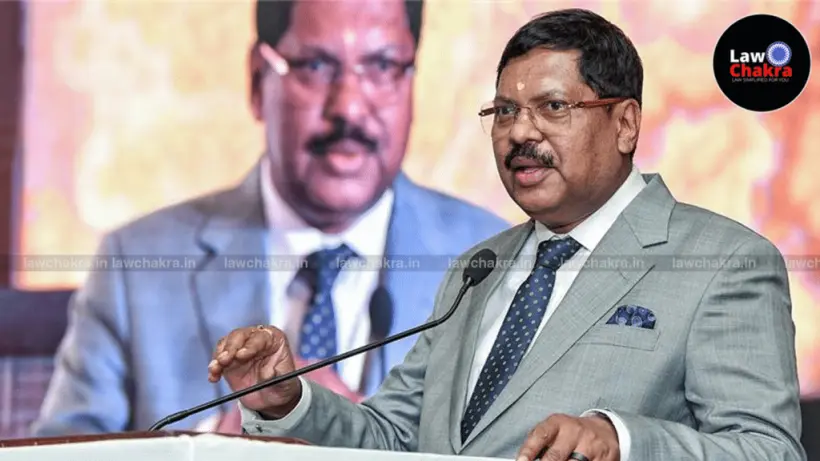
At NALSAR University’s 2025 convocation, Chief Justice BR Gavai delivered a powerful critique of India’s legal system
I. A System Under Strain: CJI Gavai’s Stark Diagnosis
Speaking at the NALSAR University of Law convocation in Hyderabad on July 12, 2025, Chief Justice BR Gavai didn’t mince words. He described India’s legal system as “badly in need of fixing,” citing decades-long trial delays, overburdened courts, and the human cost of judicial inefficiency.
“Delays in trials can sometimes go for decades. We’ve seen cases where someone has been found innocent after spending years in jail as an undertrial,” Gavai said.
His remarks come amid growing public frustration over court backlogs, with over 5 crore pending cases across Indian courts. Gavai emphasized that these delays not only erode public trust but also violate the principles of justice and fairness.
He quoted U.S. federal judge Jed S. Rakoff to underscore his point:
“Even though I conclude that our legal system is badly in need of fixing, I remain cautiously optimistic that my fellow citizens will rise to the challenges.”
The Chief Justice’s speech was attended by Telangana Chief Minister A. Revanth Reddy, Supreme Court Judge PS Narasimha, and Acting Chief Justice of Telangana High Court Sujoy Paul, adding weight to the occasion.
II. Reform Starts Here: A Call to Young Legal Minds
While acknowledging the system’s flaws, Gavai placed his hope in the next generation of lawyers, urging graduates to become agents of change. He encouraged students to pursue education abroad through scholarships, not only to ease financial burdens but to bring back global perspectives that could enrich India’s legal framework.
“Our best talent can help us resolve the problems that we are facing,” he said, urging graduates to choose mentors based on integrity, not influence.
This message resonates strongly in a country where legal reform often stalls due to political inertia and institutional resistance. By empowering young lawyers with ethical guidance and global exposure, Gavai envisions a grassroots movement for judicial transformation.
His speech also highlighted the emotional toll of public service, referencing a fellow judge whose lifelong dream had come true—a moment that underscored the personal sacrifices made by those in the judiciary.
III. Fixing the System: Challenges and Road Ahead
India’s legal system faces unique structural challenges:
- Understaffed courts and vacant judicial positions
- Outdated procedures and manual case tracking
- Limited access to legal aid for marginalized communities
- Overreliance on adjournments and procedural delays
Despite digitization efforts like e-Courts and virtual hearings, systemic reform remains slow. Experts argue that India needs:
- Time-bound trial mandates
- Alternative dispute resolution mechanisms
- Judicial accountability frameworks
- Investment in legal infrastructure and training
Gavai’s remarks have reignited calls for a National Judicial Commission to oversee reforms and ensure transparency. Legal scholars also advocate for curriculum changes in law schools to emphasize ethics, technology, and public service.
The Chief Justice’s optimism offers a rare moment of clarity and urgency. As India prepares for its next generation of legal professionals, the message is clear: justice delayed is justice denied, and the time to fix the system is now.
Stay updated with the latest news on Rapido Updates. Keep yourself updated with The World, India News, Entertainment, Market, Automobile, Gadgets, Sports, and many more